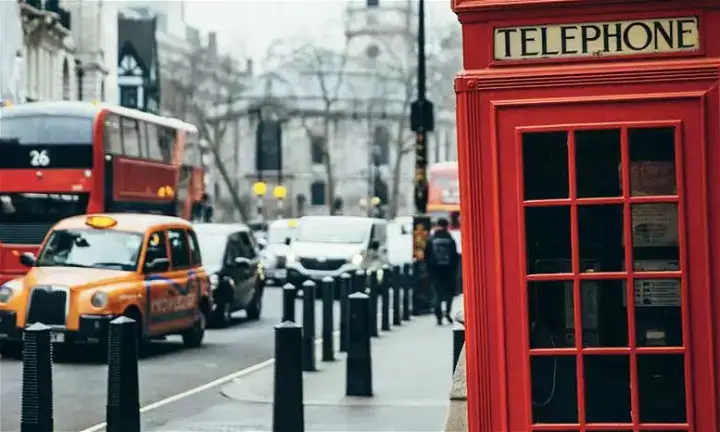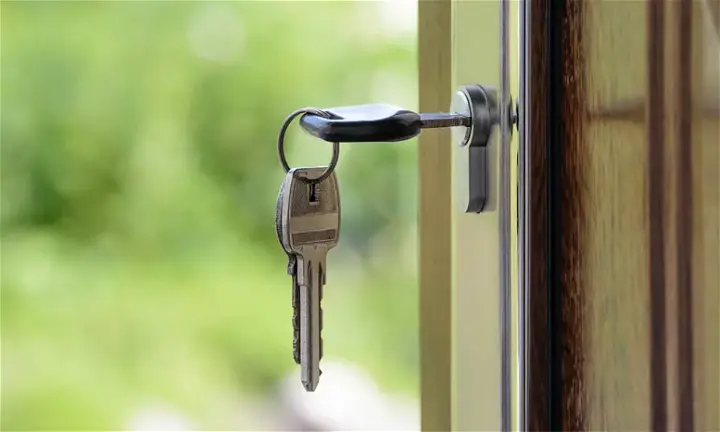
Moving abroad: what you need to know
Although moving abroad is an exciting change in your life, it can also be a daunting one, especially if you’re overwhelmed about organising what you’ll need to do before you go. To help you feel more in control and to speed up the cultural adaptation process, we’re giving your our top tips and essential things you need to know.
The essentials
There are some things that you have to do that are vital in preparing to move abroad. For example:
- Find out if you need a Visa to move to the country you plan on moving to If you need a visa, you’ll have to organise all of the required documents and send off your application. This can take a while, so it’s best to do it as soon as possible. Make sure to double check that you’ve filled it out correctly because embassies will often reject applications over the smallest of mistakes, and you may have to pay again to apply.
- Find a job Unless you’re moving countries to study abroad (and maybe even then), it’s pretty likely that you’ll have to find a job. Some visas will require you to have a job lined up before you apply, so make sure to double check if that’s the case.
- Translate documents If you’re moving abroad to a country with a different native language to yours, you’ll most likely need to have some documents translated - especially if you’re applying for a visa. Some countries require these translations to be done by an accredited translator. The required documents may include: - Your birth certificate - Details of study from your home institute if you are moving to study abroad - Your marriage certificate - Examination/Qualification/Degree certificates - Medical records (particularly if you need to get certain immunisations before you move)
- Find somewhere to live Before you start looking for somewhere to live, do some research about public transport and local amenities to ensure you know which area is best suited to you. Many agencies or landlords list their properties online so you can start your search before you move there. Roomlala has properties listed from all over the world, so why not find your new home and become one of the 1.8 million members in our community.
- Look into opening a bank account before you move Even if you can’t actually open an account until you’ve moved, by finding out what the bank will require, you won’t be caught off-guard and discover you’re missing an important document. If you have to wait until you’ve moved to open an account, consider registering for an international card for the interim period so you don’t get charged conversion rates by your bank.
- Change your driver’s license to an International Driving Permit (IDP)
Over 140 countries require you to have an IDP so it’s likely that you’ll have to have one before you can drive abroad. Find out if this applies to you by checking out the Post Office’s website here before heading to your local branch (or online) to apply for the permit. - Inform HMRC and your local council If you’re not moving to study abroad and are instead moving permanently or for the foreseeable future, inform HMRC and your local council to ensure you don’t pay any taxes you shouldn’t be paying.
- Organise health insurance Depending on the country you’re moving to, you might have to pay for health insurance or apply for a card that will give you discounted/partially refundable health care. By looking into this before you move, you’ll be covered from day 1.
- Organise what you’re going to take with you A big move like this is the perfect opportunity to declutter your stuff as you’ll have to sort through everything to pack, and you’ll have to pay more if you want to ship everything you currently own with you. If you’re moving abroad to study or for a more short-term work placement, you might be able to leave some of the belongings you don’t need with friends or family.
- Redirect your mail Before moving abroad, make sure to redirect your mail either to your new accommodation or to your family to ensure that you don’t lose any mail. You can do this by heading to your local post office and filling out the corresponding form.
- Start learning the language If the country you’re moving to speaks a different language to you, learning how to speak that language will be immensely helpful. By being able to communicate with those around you, it’ll make the cultural adaptation process a lot easier as you’ll integrate into society more easily.
Things you’ll be glad you did
By following our tips, you’ll hopefully be more prepared to move when the time comes to move, as well as more prepared for the cultural adaptation that’ll occur once you’ve moved.



